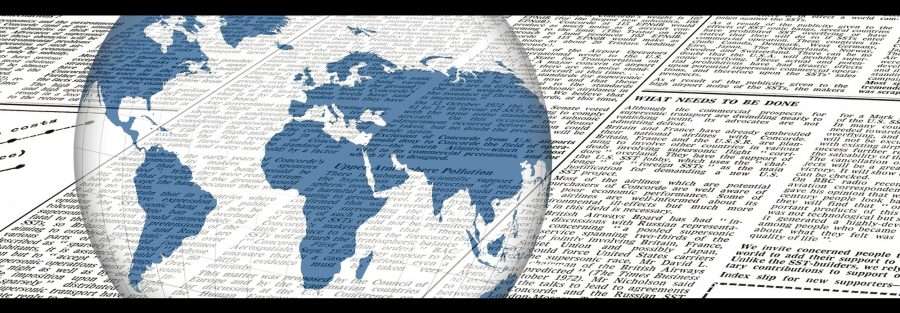Top news of the week
New digital lending guidelines by RBI
The Reserve Bank of India (RBI) has issued guidelines to all lenders including banks to protect the data of borrowers using digital lending apps from being misused. As per the guidelines issued by the RBI, the regulated entities cannot store borrowers’ data except for some basic minimal information. The guidelines issued are applicable to existing customers availing fresh loans and to new customers getting onboarded from the date of this circular ie september 2nd 2022.. However, in order to ensure a smooth transition, Regulated Entities shall be given time till November 30, 2022, to put in place adequate systems and processes to ensure that ‘existing digital loans.
The regulations around user consent for storage and usage of personal data are in line with global standards such as the GDPR, and our Draft Personal Data Protection Bill. RBI is ensuring the financial services and fintech ecosystem stays ahead of the curve in protecting sensitive personal data, even before it is mandated by law.
Some of the key highlights from the new digital lending guidelines includes:
- Digital lending apps cannot access mobile phone resources such as file and media, contact lists, call logs, telephone functions, etc. One-time access can be taken for camera, microphone, location or any other facility necessary for the purpose of onboarding/ KYC requirements only, with the explicit consent of the borrower.
- The borrowers must be informed about the storage of customer data including the type of data that can be stored, the length of time for which data can be stored, restrictions on the use of data, data destruction protocol, standards for handling security breach, etc.
- The borrower must be informed about the all-inclusive cost of digital loans and should also be a part of the Key Fact Statement.
- The banks, and NBFCs must publish the list of their digital lending apps, and lending service providers, engaged by them on their websites.
- Digital lending apps and websites must allow a borrower to lodge their complaint.
- No biometric data is stored/ collected in the systems associated with the Digital Lending Apps of regulated entities / their Lending Service Providers unless allowed under extant statutory guidelines.
Other Highlights of the Week
RBI unlikely to accept the NBFCs request for bad loan exemption
India’s central bank is unlikely to give “shadow banks” exemptions from stricter bad-loan rules coming into force, sources told Reuters, essentially ending an advantage the non-bank financial firms have had over standard banks.
Non-banking financial companies (NBFCs) have asked the Reserve Bank of India to exempt smaller loans from the rules taking effect next month that are in line with those covering banks. Shadow banks had also asked the RBI to lower the threshold on bad loans for which they would not need court approval to take control of securities pledged against the loan, manage or sell them to recover dues.
Under the new norms, shadow banks will have to recognise bad loans on a daily basis, rather than monthly, as some now do. Non-performing loans can only be upgraded to performing after borrowers have paid all arrears.
New registry to minimise the bank fraud
The Reserve Bank of India (RBI) is planning to set up a fraud registry to create a comprehensive database of fraudulent websites, phone numbers and other details, to prevent unscrupulous elements from duping people through virtual transactions. These websites or phone numbers will be blacklisted, which will help minimise incidences of frauds. There is no definite timeline for setting up of the fraud registry.
Key stakeholders in the payment system will get access to this registry for near-real time information on frauds. The aggregated data will be published to enhance customer awareness.
Bank Loan data for July 2022
The Sectoral Deployment of Bank Credit for July 2022, was released by RBI on last week which shows,
- Non-food credit by banks rose by 15.1% in July as compared to 5.1% a year ago.
- Loans to agriculture and allied activities went up 13..2% in July 2022 from 11.1% in the year-ago period.
- Credit to industry grew by 10.5 %in July 2022 from 0.4% in the same month a year before.
- Growth in the personal loans sector was robust at 18.8% in July 2022 vis-a-vis 11.9% in July 2021, supported by housing and vehicle loans segments.
- The growth in credit to services sector improved to 16.5% in July 2022 from 3.8% ago, mainly due to improved credit off take to non-banking financial companies and transport operators.



